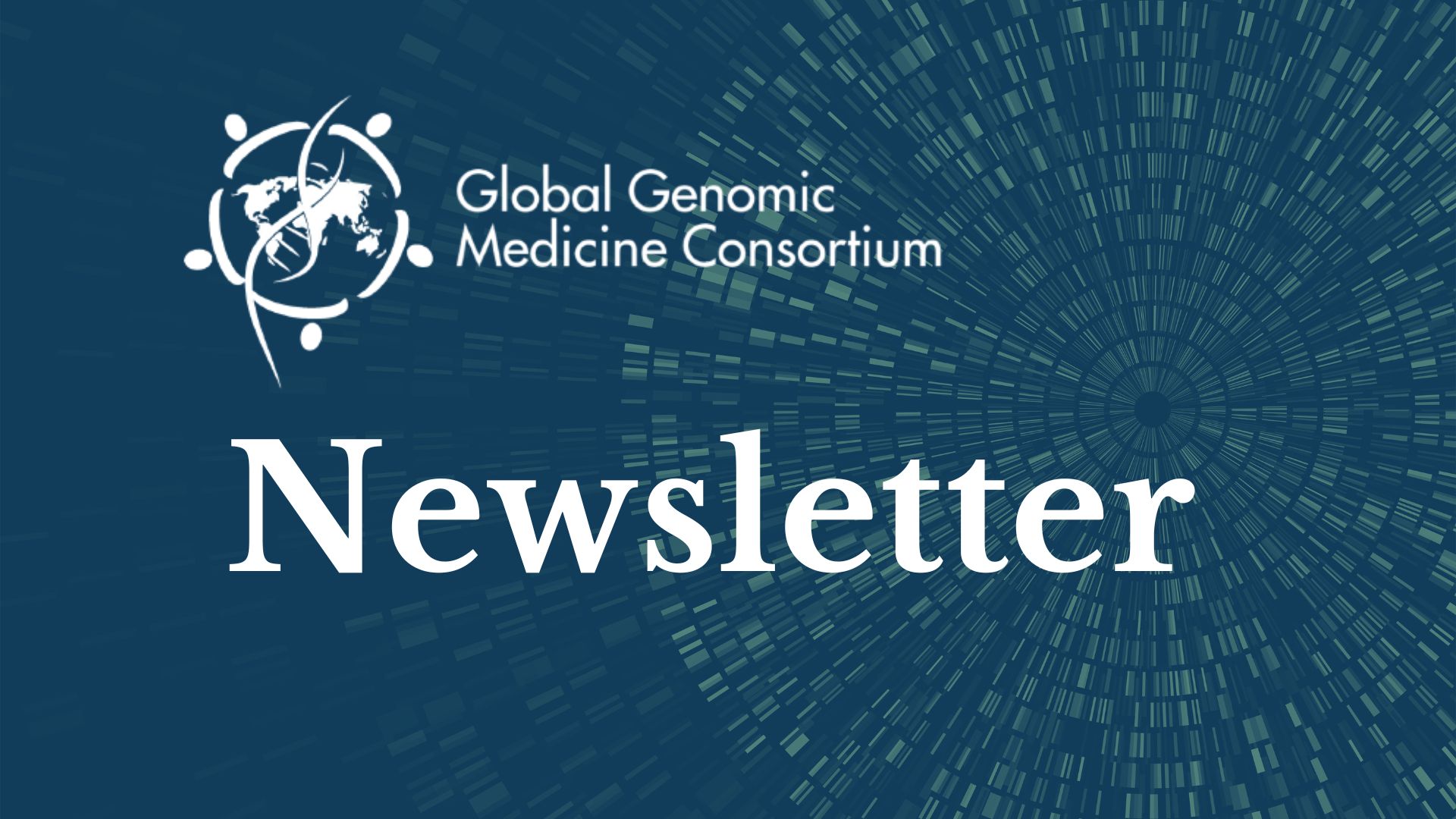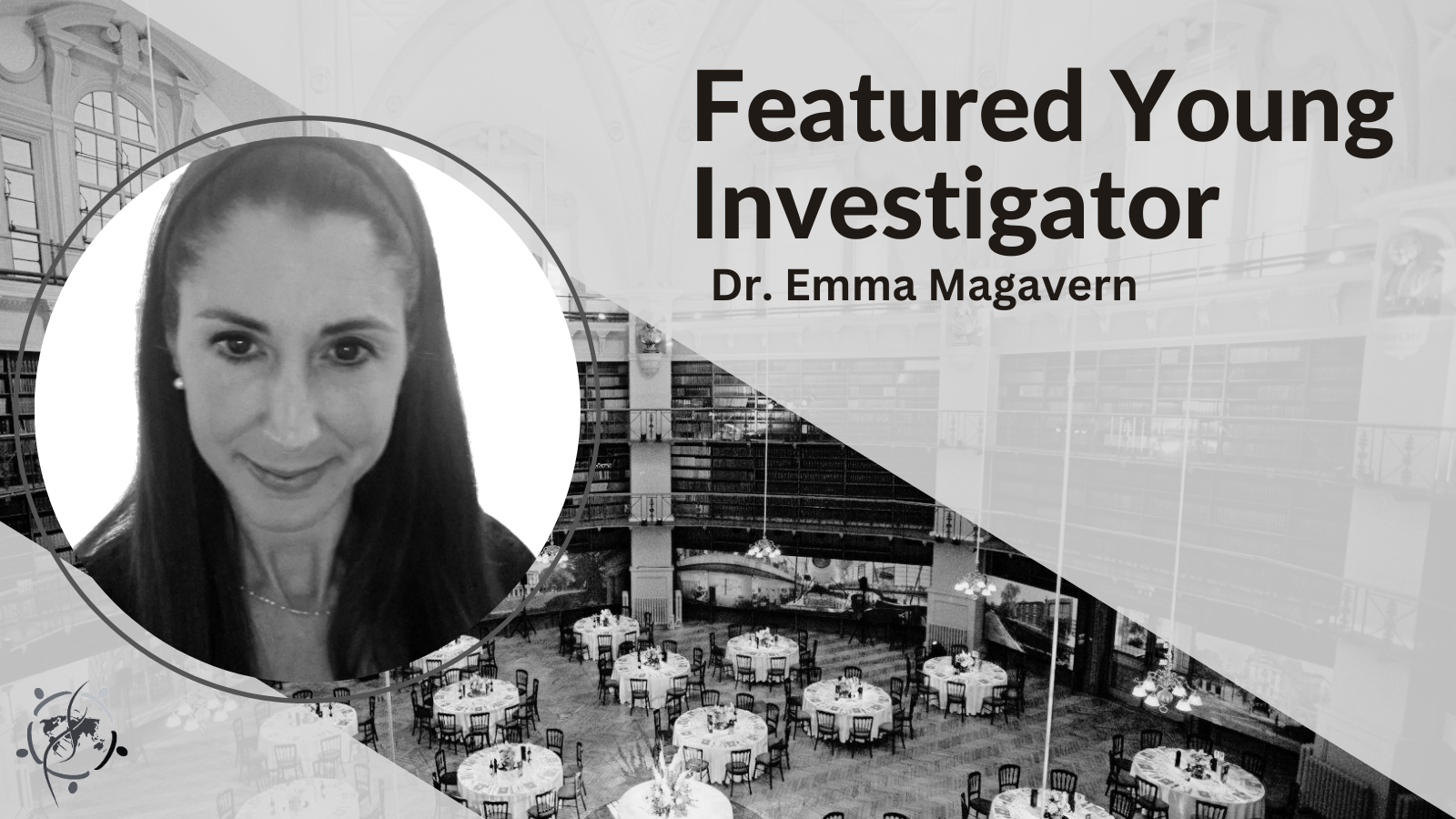The Genomic Medicine Clinics for Rare Genetic Disorders pilot project completed its initial goal of implementing exome sequencing for the diagnosis of rare uncharacterized and undiagnosed diseases in six clinical sites located in Chile, Mexico, Sri Lanka, Malaysia, South Africa, and Nepal. Results from the project were presented during the International Conference on Birth Defects and Disabilities in the Developing World (ICBD), held in March 2023 in Santiago, Chile. Results are also being submitted for publication in various journals, including a special issue of Frontiers in Genetics.
The project now has the potential for expansion, with 20 sites, in addition to the initial six sites, interested in providing exome sequencing to local individuals with rare/undiagnosed diseases. Of the additional 20 sites, 16 have confirmed their participation in the project.
Additionally, opportunities for collaboration with other global organizations have emerged. One such collaboration is with Clinical Genome Resource (ClinGen) – a central resource, founded by the National Human Genome Research Institute (NHGRI), that defines the clinical relevance of genes and variants for use in precision medicine and research. In June, nearly 30 participants, representing both ClinGen and G2MC, met virtually to discuss how ClinGen can help support the Genomic Medicine Clinics for Rare Genetic Disorders project, as well as other G2MC initiatives. Further discussions to explore this exciting collaboration are planned.
If you know of other potential collaborators or external funding sources for this project, please contact us at info@g2mc.org to let us know.
Background
The G2MC flagship project on Genomic Medicine Clinics for Rare Genetic Disorders is aimed at promoting the implementation of Genomic Medicine in low- and middle-income countries (LMICs). The pilot project, which kicked off in 2021 with funding from the RTW Foundation, partnered with the University of Maryland School of Medicine to establish access to evidence-based exome sequencing for the diagnosis of rare uncharacterized and undiagnosed diseases in sites located in Chile, Mexico, Sri Lanka, Malaysia, South Africa, and Nepal.
A team consisting of genomic medicine researchers, genetic counselors, a clinical geneticist, and a research coordinator provided support and training to the local clinics. In November 2022, samples were collected from patients and their parents (a trio) and sent for exome sequencing. 18 trios from all six sites were sequenced, with 13 “positive” results returned. Of the positive results, five were diagnosed, five were a high-confidence diagnosis, three identified variants of unknown significance, and five resulted as negative.









